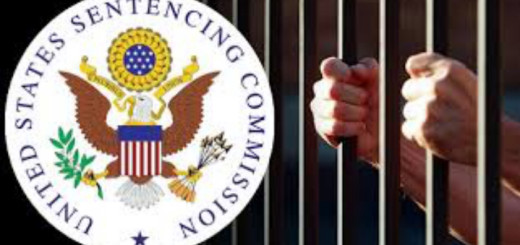Webinar: Anti-Corruption Compliance in the High-Tech Sector
Webinar: Anti-Corruption Compliance in the High-Tech Sector Wednesday, September 9, 2015, 12 Noon EST Sign Up Here The Justice Department and the SEC have focused FCPA enforcement resources on high-tech companies. Several high-tech companies have settled FCPA enforcement actions, while others remain under investigation. In a recent enforcement action, an SAP former executive plead guilty to an FCPA conspiracy and is awaiting...























